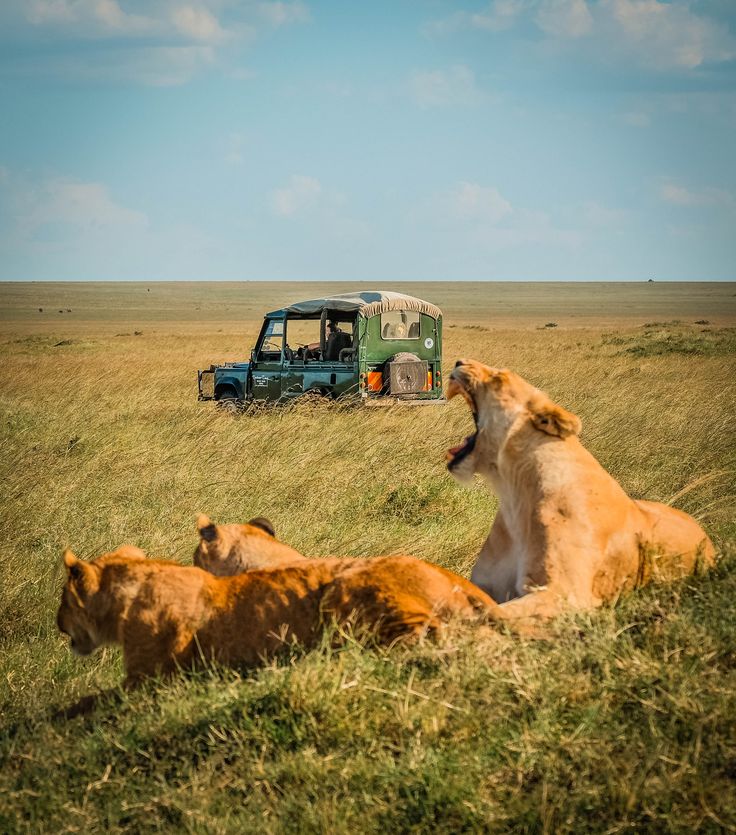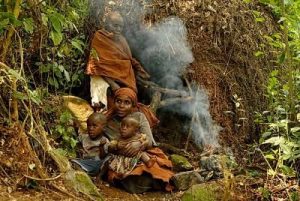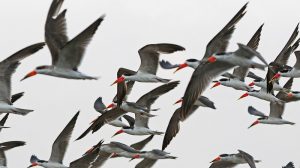Do I need a visa for a Rwanda Wildlife Safari?
Here’s a breakdown of what to know about the visa requirements for a Rwanda safari:
1. Rwanda Visa Requirements
- Tourist Visa: Rwanda offers a tourist visa, which is generally required for visitors intending to stay for leisure, including wildlife safaris.
- Visa on Arrival: Rwanda allows travelers from all countries to obtain a visa on arrival for a single-entry visit. The tourist visa is valid for 30 days and costs $50 USD.
- E-Visa Option: You can also apply for a visa in advance through Rwanda’s online visa application portal. This e-visa process is straightforward and recommended to avoid wait times upon arrival.
2. East Africa Tourist Visa
- If you’re planning to visit other East African countries, like Uganda or Kenya, along with Rwanda, consider the East Africa Tourist Visa. This visa allows multiple entries among Rwanda, Uganda, and Kenya for up to 90 days. It costs $100 USD, and you can apply for it online or upon arrival at any of these countries.
3. Passport Requirements
- Make sure your passport is valid for at least six months from the date of entry.
- You should also have at least two blank pages for visa stamps.
4. Vaccination Requirements
- Proof of yellow fever vaccination is required for travelers arriving from countries with a high risk of yellow fever transmission.
5. Additional Considerations for a Rwanda Safari
- Travel Insurance: Travel insurance is not a visa requirement, but it’s highly recommended for safari travel. It should cover emergency evacuation and healthcare services, given the remote locations involved in wildlife tours.
- Safari Permits: For specific wildlife encounters like gorilla trekking, you’ll need a separate permit, which can be arranged through tour operators or the Rwanda Development Board.
6. Visa-Free and Exempt Countries
- Some African and Caribbean countries have agreements with Rwanda, allowing their citizens to enter visa-free for up to 90 days. Check the Rwanda Directorate General of Immigration website for updated information if this might apply to you.
7. Application Process for Online Visa
- To apply for an e-visa, visit Rwanda’s official visa application site, fill out the required form, upload any necessary documents (like your passport information), and pay the visa fee online. Processing times can vary, so it’s best to apply at least a week before your planned arrival.
Best Time for a Rwanda Wildlife Safari
Rwanda’s wildlife safaris can be enjoyed year-round, but the timing of your visit can impact your experience:
- Dry Season (June to September): This is considered the best time to visit Rwanda, particularly for gorilla trekking. The dry weather makes it easier to navigate the trails in Volcanoes National Park, and wildlife is generally easier to spot since animals tend to gather near water sources.
- Wet Season (October to May): While this period is characterized by rainfall, it’s still a great time for wildlife viewing. The landscapes are lush and green, making it the ideal time for birdwatching. The wet season also offers lower prices and fewer tourists, providing a more intimate safari experience.
2. Gorilla Trekking in Volcanoes National Park
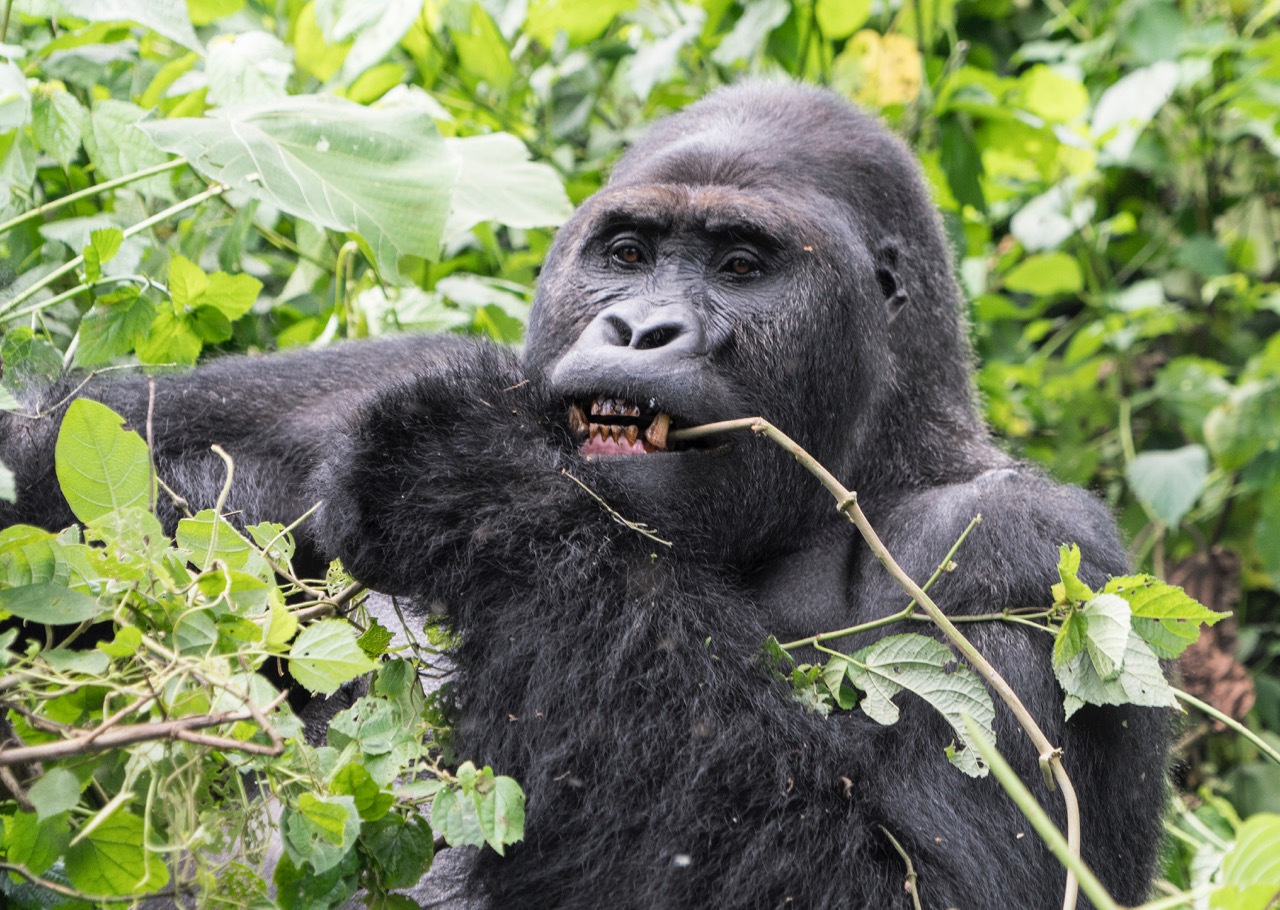
Rwanda is home to one of the world’s last remaining populations of endangered mountain gorillas, and trekking to see these magnificent creatures is the highlight of many wildlife safaris in the country. The Volcanoes National Park, located in the Virunga Mountains, is where these gorillas live. Here’s what you should know:
- Gorilla Permits: A gorilla trekking permit in Rwanda costs $1,500 per person per trek (as of 2024). These permits allow you to trek to a gorilla group for a one-hour visit. Be sure to book your permit well in advance, as they are in high demand.
- Trekking Experience: The trek to find the gorillas can last anywhere from 1 to 8 hours, depending on the gorilla group’s location. Trekking can be physically demanding due to the steep terrain, so a reasonable level of fitness is required.
- Conservation Efforts: Rwanda has been at the forefront of gorilla conservation, with successful breeding programs and community-based conservation efforts. The income generated from trekking permits goes towards gorilla protection and community development programs.
3. Other Wildlife and Game Viewing
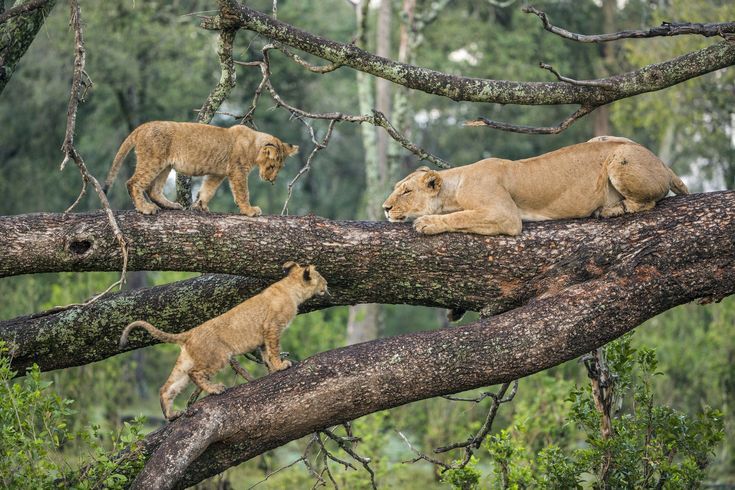
While Rwanda is best known for its mountain gorillas, the country also offers diverse wildlife safaris:
- Akagera National Park: Located in the eastern part of the country, Akagera is Rwanda’s premier game park, offering traditional safari experiences with a variety of wildlife. Here, you can see the “Big Five” (lion, elephant, buffalo, leopard, and rhinoceros), as well as giraffes, zebras, antelopes, and more. You can also enjoy boat safaris on Lake Ihema to spot hippos, crocodiles, and various bird species.
- Nyungwe Forest National Park: A paradise for birdwatchers and primate lovers, Nyungwe is home to over 300 bird species and 13 species of primates, including chimpanzees, colobus monkeys, and golden monkeys. The park also offers canopy walks, nature hikes, and forest trekking.
- Gishwati-Mukura National Park: This newly established park is part of Rwanda’s ongoing conservation efforts and is home to rare wildlife, including golden monkeys and chimpanzees. It’s a great place for those seeking a more off-the-beaten-path safari experience.
4. Safari Activities
Rwanda offers a wide range of activities for wildlife enthusiasts, beyond gorilla trekking:
- Chimpanzee Trekking: Nyungwe Forest and Kibale Forest are two of Rwanda’s best places for chimpanzee trekking. Kibale is known as the “primate capital of the world” because of its high concentration of primates, while Nyungwe offers trekking through lush forests and opportunities for spotting other monkeys and diverse wildlife.
- Game Drives: In Akagera National Park, you can enjoy game drives to spot Africa’s big game, such as lions, leopards, elephants, and giraffes, as well as various antelope species. The park’s variety of habitats—from savannah to wetlands—allows for a diverse safari experience.
- Boat Safaris: In Akagera, boat safaris on Lake Ihema offer the opportunity to see hippos, crocodiles, and a wide range of water birds, including the rare shoebill stork. The Kazinga Channel in Queen Elizabeth National Park (in Uganda) is another prime boat safari location.
- Bird Watching: Rwanda is a birdwatcher’s paradise, with over 700 species recorded, including both forest and savannah species. Nyungwe Forest, Akagera, and Lake Kivu offer excellent opportunities for birdwatching, with species like the Rwenzori turaco, grey crowned crane, and many more.
5. Accommodation Options for Rwanda Safaris
Rwanda has a variety of accommodations to suit all types of travelers, from luxury lodges to more budget-friendly options:
- Luxury Lodges: For those seeking a luxury safari experience, Rwanda has top-tier lodges such as One&Only Nyungwe House, Kivu Serena Hotel, and Bisate Lodge near Volcanoes National Park. These lodges offer comfort, spectacular views, and high-end amenities.
- Mid-Range Lodges: If you’re looking for a balance between comfort and cost, mid-range lodges like Virunga Lodge and Mweya Safari Lodge offer great options. These lodges provide excellent services and comfortable accommodations without the premium price tag.
- Budget Lodges and Campsites: For budget-conscious travelers, Rwanda also offers several affordable options, including campsites and budget lodges. Gorilla Nest Lodge and Akagera Game Lodge offer more affordable stays in or near national parks.
6. Getting to Rwanda
Rwanda is easily accessible by air, and Kigali International Airport is the primary gateway to the country. Most international flights connect through Kigali, with airlines like KLM, Qatar Airways, and Ethiopian Airlines offering regular services. For internal travel, RwandAir offers flights to key safari locations, such as Akagera, Volcanoes, and Nyungwe. However, many tourists opt to travel by road between national parks, which provides a more scenic experience.
7. Travel Tips for a Rwanda Wildlife Safari
- Book in Advance: For popular activities like gorilla trekking, booking in advance is crucial as permits can sell out, especially during the peak seasons.
- Physical Fitness: Trekking in Rwanda can be physically demanding, particularly for gorilla trekking and chimpanzee trekking. Make sure to be in good physical condition to fully enjoy your safari.
- Health and Safety: Ensure you have the necessary vaccinations before traveling, including yellow fever vaccination, which is mandatory. Always carry insect repellent and take precautions against malaria.
8. Sustainable Travel and Conservation
Rwanda is committed to sustainable tourism and conservation. The country has made significant strides in protecting its wildlife and natural resources, including successful anti-poaching efforts and habitat restoration projects. By visiting Rwanda’s national parks, you contribute to these conservation initiatives and help support local communities that rely on tourism for income.
Conclusion
For a smooth Rwanda wildlife safari experience, most visitors should plan for a visa, either upon arrival or in advance as an e-visa. The East Africa Tourist Visa is an excellent option if you’re combining Rwanda with Uganda or Kenya. With the right preparations and documentation, you’ll be ready to explore Rwanda’s stunning national parks, including the famous Volcanoes National Park for gorilla trekking. Enjoy your wildlife adventure in Rwanda!

